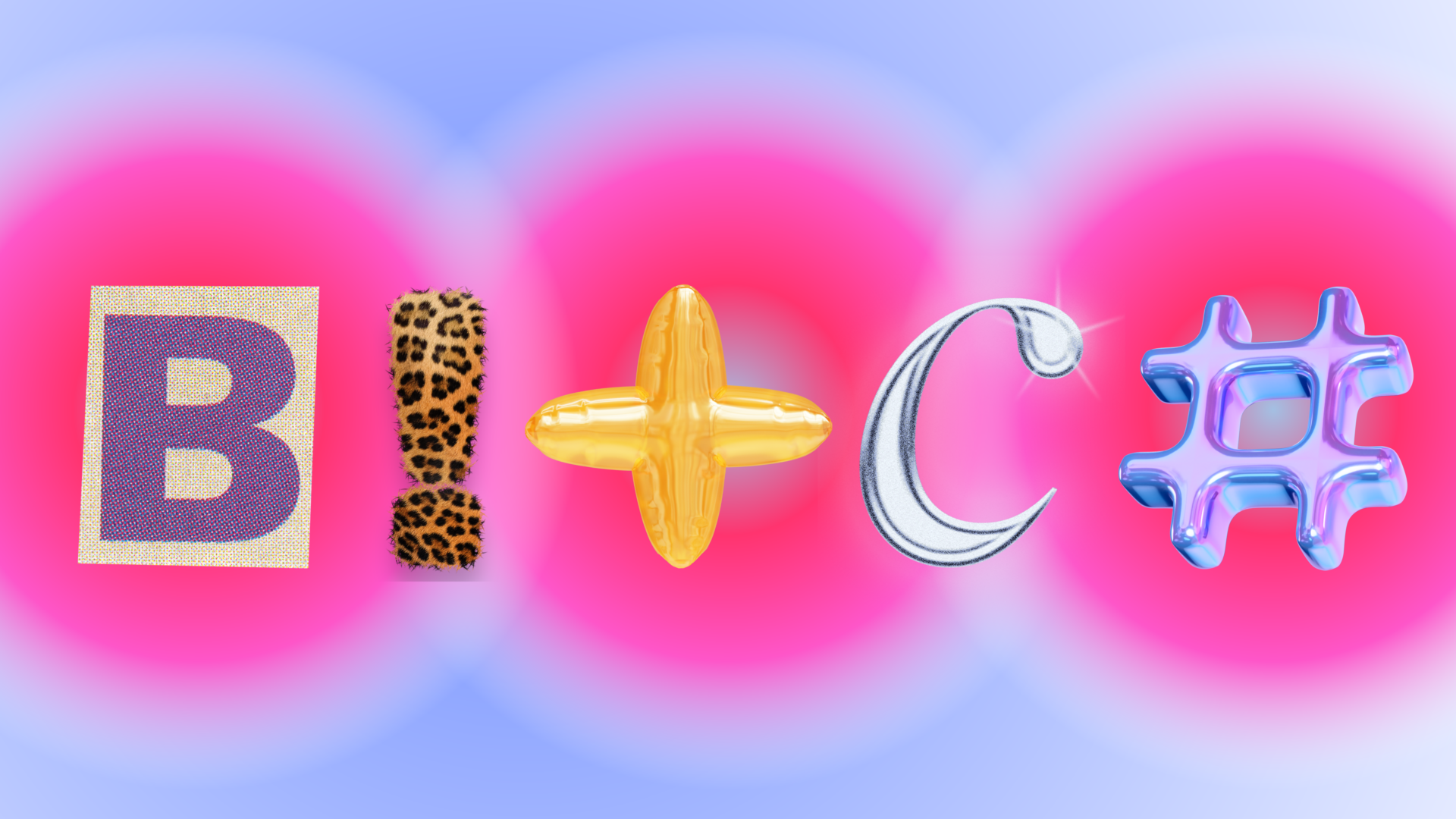
As we celebrate 50 years of hip-hop’s legacy, I can’t help but think about the complexities women have faced while being etched into such a complicated culture. Throughout the various specials, documentaries, tributes and performances, we tend to gloss over the ugly side that comes with hip-hop starting with the word Bitch.
Over time, the word bitch seems synonymous with the lyrical content of rap music. From Biggie’s “Dreams,” reciting the hook “Dreams of fuckin’ an R&B bitch” to Chief Keef’s “Love Sosa” lyrics, “These bitches love Sosa,” the term has become normalized. Now, it would be hypocritical to act like my peers, and I don’t recite lyrics that use the word when at a party or blasting music in the car. However, as I’ve gotten older, what seemed like innocent fun has blended into a deeper issue that needs to be discussed.
Queen Latifah asked the question best in her song “U.N.I.T.Y.” “Who you callin’ a bitch?” The origin of the term started as a description of a female dog but soon turned into a slang word that changed the scope of how rappers expressed their thoughts about women. For many of us who grew up loving hip-hop, it seemed like a fire way to close out a punchline or kick off the beginning of a song, but once those terms and phrases integrated into real life, it highlighted how much of a boys club hip-hop continues to be.
Read ‘Here Are The Best Dressed Zillennials At The Oscars’
Rappers and hip-hop gatekeepers using that word cut deeper than lyrics and hooks. The word comes with historical and cultural baggage, and its usage in music sparks a heated debate about empowerment, reclaiming language, and the boundaries of acceptability. The real essence of the matter lies in the stark contrast between the celebration of “bitch” in music and the offense it incites when used in real-life contexts.
Thanks to social media, people are having discourse and discussions about what we’ve normalized every day and are now analyzing whether or not these things are okay. Moreover, they highlight the hypocrisy of celebrating “bitch” in music while condemning its use in everyday life. It’s a glaring double standard that underscores the complex intersectionality of gender, race, and class. The word carries different weight depending on who uses it and in what context. When used by women in music, it’s often seen as defiance against societal norms and expectations. Still, when used in real-life interactions, particularly by men or in situations of aggression, it becomes a weapon of misogyny. This jarring divide speaks volumes about the ingrained sexism that still saturates our society.
In the age of incel culture and misogynistic platforms, it can push the agenda of calling women out their names to fuel their egos and create a harmful environment. In music, the word “bitch” has transformed, but does it hide the harmful stain women face? Once known as a derogatory term used to belittle women, it has been reclaimed by some female artists as a badge of empowerment. Women like Cardi B, Nicki Minaj, and Beyoncé implement the word in their music, and some could argue that by embracing and owning the word, they strip it of its derogatory power and use it as a tool to assert their agency, confidence and independence.
Read ‘Growing Incel Culture Online Is A Threat To Girls Everywhere’
Still, there is an opportunity for growth and change. By engaging in honest dialogue and critical reflection, we can dismantle the divide that underlies both the celebration of “bitch” in music and the offense it incites in real life. It won’t happen overnight, but with intergenerational transparency, we, too, can ask ourselves, “Who you callin’ a bitch?”
At its core, the debate over “bitch” in music versus real life reveals a fundamental tension between empowerment and respect. While reclaiming the word is a form of empowerment, others contend that true empowerment is rejecting language that perpetuates harm and inequality. Although, there is no easy resolution to this discussion, especially when we enable the behavior. It’s a question that forces us to wrestle with uncomfortable truths about sexism and the power of language.
About the Author: Kenyatta Victoria is the lead writer for Essence GU, working on all things pop culture, politics, entertainment and business. Throughout her time at GU, she’s garnered devoted readers and specializes in the Zillennial point of view.